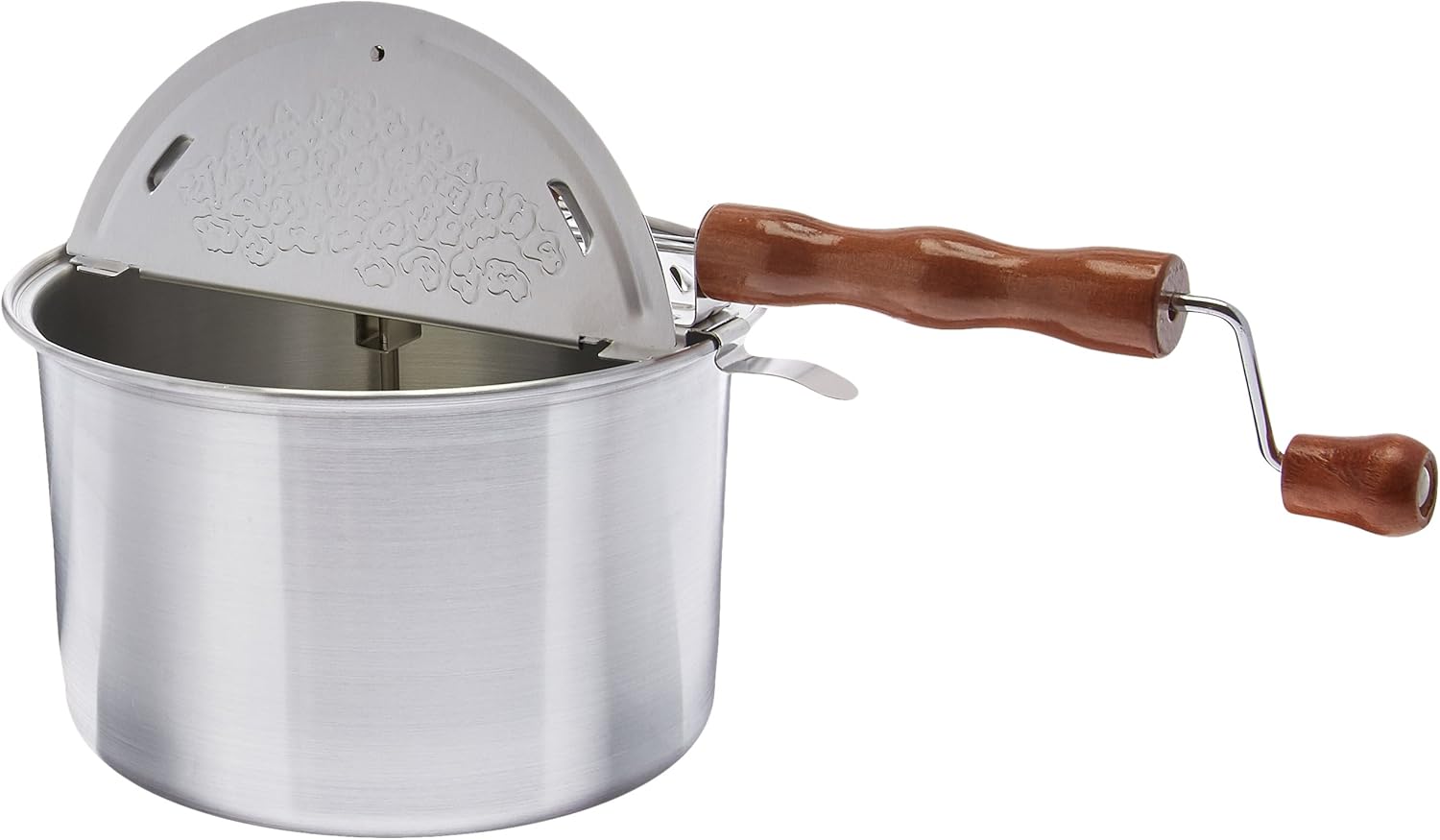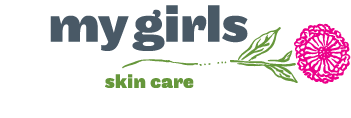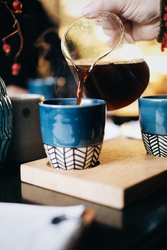How Coffee Might Help with Breast Cancer Prevention
Posted by Theresa Keresztes on Nov 27th 2024
While coffee brewing methods like the French press or traditional drip coffee are mainly discussed in terms of flavor, aroma, and convenience, there’s an emerging body of research suggesting that coffee consumption could potentially play a role in health, including its potential to reduce the risk of certain types of cancer, like breast cancer. It’s important to note, however, that this research is still evolving, and the direct link between brewing methods and cancer prevention is complex.
Studies have suggested that regular coffee consumption may be associated with a lower risk of developing breast cancer, especially for women.
Here’s a look at some of the findings:
- Antioxidants: Coffee is rich in antioxidants, which are compounds that help fight free radicals in the body. Free radicals can cause cellular damage, which is a key factor in the development of cancer. Antioxidants like polyphenols, which are present in both brewed and boiled coffee, are thought to help neutralize these harmful free radicals.
- Boiling Coffee and Breast Cancer: Some research has pointed to boiling coffee (such as with the French press or using Turkish coffee methods) as potentially offering even more benefits than traditional drip coffee. Boiling coffee can result in a higher concentration of bioactive compounds, including kahweol and cafestol, which have been shown to have anti-cancer properties. These compounds are thought to help prevent cancer cell growth and promote the death of cancer cells.
- Key Studies:
- High coffee consumption, but not total caffeine, may be associated with reduced risk of ER- and postmenopausal breast cancers, independent of CYP1A2 genotype. Further studies are needed to replicate these findings, learn more here in PubMed studies.
- A study on filtered vs. boiled coffee consumtion found that coffee consumption, particularly from boiling methods, was associated with a reduced risk of breast cancer in women, especially those with specific genetic mutations. The study noted that people who consumed moderate amounts of coffee daily (about 2 to 3 cups) had a significantly lower risk of developing breast cancer compared to those who drank little to no coffee.
- Another study from Harvard T.H. Chan School of Public Health in 2020 suggested that drinking coffee might reduce the risk of estrogen receptor-negative breast cancer. This type of cancer is more difficult to treat and is often associated with poorer outcomes. The study emphasized that coffee’s ability to lower inflammation, reduce estrogen levels, and improve liver detoxification could play a role in reducing this specific breast cancer risk.
- Caffeine and Hormonal Balance: Coffee’s caffeine content has also been linked to lower estrogen levels in women. Since estrogen plays a key role in the development of hormone-sensitive breast cancers, a reduction in estrogen levels could theoretically lower the risk of breast cancer. Studies on this are still ongoing, but the potential connection between caffeine and hormonal balance is an exciting area of research.
Important Considerations
While the potential benefits of coffee for breast cancer prevention are promising, it’s essential to keep a few things in mind:
- Moderation is Key: Drinking excessive amounts of coffee (more than 4-5 cups per day) can have negative health consequences, such as increased anxiety, digestive issues, and sleep disturbances. It's important to enjoy coffee in moderation as part of a balanced lifestyle.
- Brewing Method Matters: How you brew your coffee could influence its health benefits. Methods like French press and boiling (e.g., Turkish or Scandinavian coffee) allow more oils and bioactive compounds to remain in the coffee, which might contribute to a stronger potential impact. However, brewing methods that use paper filters, like drip coffee makers, may reduce some of these compounds, as the filter traps oils that contain beneficial antioxidants.
Conclusion: Brewing for Health?
While the connection between coffee and breast cancer prevention is still under study, there’s no harm in enjoying a good cup of coffee, whether brewed through a French press, drip machine, or even boiling methods. The antioxidants and bioactive compounds in coffee, particularly those found in boiled and unfiltered brews, may provide an extra layer of protection against certain cancers, including breast cancer. Brew like your favorite barista, learn more here @ https://amzn.to/3BfrJsk
For a fresh roasted cup of Joe every time, try roasting your own unroasted beans in a traditional Whirley Pop pocorn maker. It's quick and easy to pop the beans as you would with popcorn and you can roast the beans in the oven for 4 minutes; a shorter roast produces a blond roast while a longer roast produces a medium to dark roast - whichever you prefer. Coffee may be made to to order to fit your tastebuds! Roasted coffee beans should be stored for 24 hours before grinding and brewing and up to 72 hours for a more intense flavor. Learn more about this cost effective and very tasty way to make the perfect cup every timem click here https://amzn.to/3CI4U0A

So, whether you're brewing for flavor or health benefits, there’s no better time to enjoy your morning cup of coffee. Just remember—moderation is key, and it’s always a good idea to pair your coffee habit with other healthy lifestyle choices, like regular exercise and a balanced diet. Cheers to your health!


